A: Bacterial Molecules and Cells
Central question
Which bacterial molecules govern the specific interactions of bacterial cells with other microorganisms and host cells?
Aim
Bacterial fitness and microbial interactions are shaped by multiple factors, including the ability to secrete antimicrobial compounds and to colonize specific niches. Scientists in Research Area A will join forces to identify and isolate from the human microbiome new bacterial strains that produce antimicrobials. The mode of action of these molecules will then be dissected and their ecological role clarified.
In parallel, using a combination of computational, genetic, cellular and biochemical approaches, gene clusters potentially involved in glycopolymer biosynthesis will be identified and their involvement in bacterial adhesion in cooperation with adhesins further characterized in culture systems as well as animal models. The long term goal of Research Area A is to identify microbial effectors that can be targeted or exploited for therapeutic interventions.
Principal Investigators
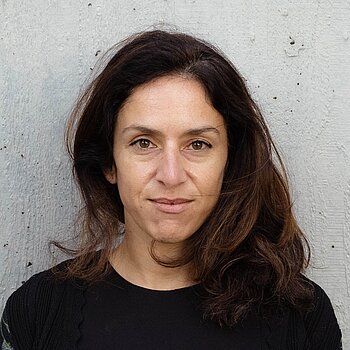 © Leon Kokkoliadis
© Leon Kokkoliadis
University of Tübingen
Interfaculty Institute of Microbiology and Infection Medicine
 @
@ uni-tuebingen.
uni-tuebingen. de
deWebsite

University of Tübingen
Interfaculty Institute of Microbiology and Infection Medicine
 @
@ med.uni-tuebingen.
med.uni-tuebingen. de
deWebsite
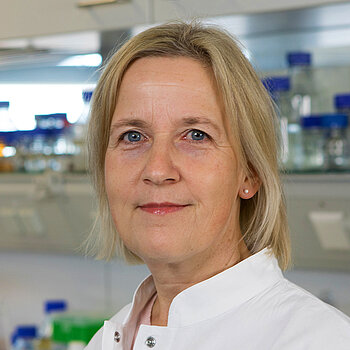 © University of Tübingen/Friedhelm Albrecht
© University of Tübingen/Friedhelm Albrecht
Deputy Spokesperson
University of Tübingen
Interfaculty Institute of Microbiology and Infection Medicine
Microbial Bioactive Compounds
 @
@ uni-tuebingen.
uni-tuebingen. de
deWebsite
 © University of Tübingen / Jörg Jäger
© University of Tübingen / Jörg Jäger
 [Translate to Englisch:] © Universität Tübingen / Friedhelm Albrecht
[Translate to Englisch:] © Universität Tübingen / Friedhelm Albrecht
University of Tübingen
Interfaculty Institute of Microbiology and Infection Medicine
Infection Biology
 @
@ uni-tuebingen.
uni-tuebingen. de
deWebsite
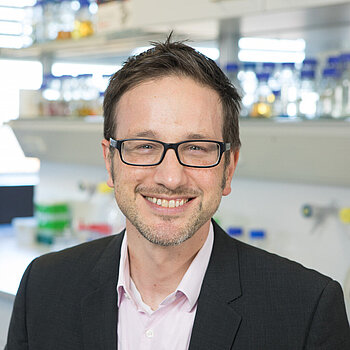 © University of Tübingen / Friedhelm Albrecht
© University of Tübingen / Friedhelm Albrecht
University of Tübingen
Interfaculty Institute of Microbiology and Infection Medicine
Microbial Bioactive Compounds
 @
@ uni-tuebingen.
uni-tuebingen. de
deWebsite
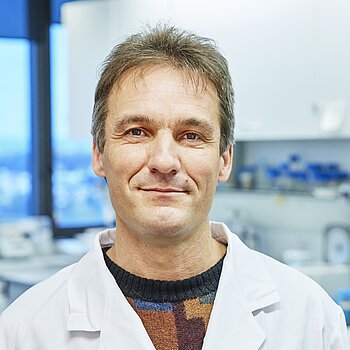 © Jörg Jäger/University of Tübingen
© Jörg Jäger/University of Tübingen
University of Tübingen
Interfaculty Institute of Microbiology and Infection Medicine
Infection Biology
 @
@ uni-tuebingen.
uni-tuebingen. de
deWebsite
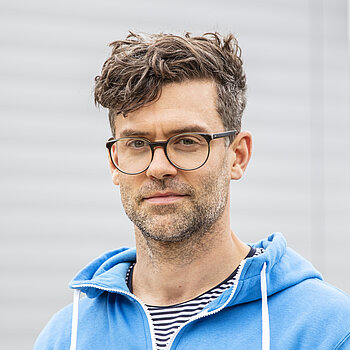 © Max Planck Institute for Terrestrial Microbiology
© Max Planck Institute for Terrestrial Microbiology
Board Member, Coordinator Research Area A
University of Tübingen
Interfaculty Institute of Microbiology and Infection Medicine
Bacterial Metabolomics
 @
@ cmfi.uni-tuebingen.
cmfi.uni-tuebingen. de
deWebsite

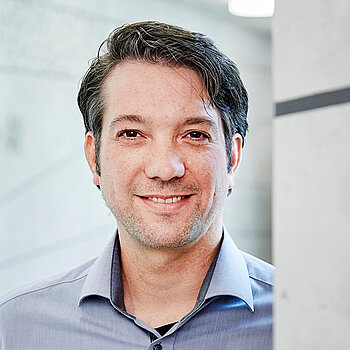 © Jörg Jäger, University of Tübingen.
© Jörg Jäger, University of Tübingen.
University of Tübingen
Center for Applied Geoscience
Environmental Biotechnology
 @
@ uni-tuebingen.
uni-tuebingen. de
deWebsite
![Prof. Dr. Thorsten Nürnberger [Translate to Englisch:]](/fileadmin/_processed_/3/7/csm_Wildcard_CMFI_website_01_9be3dfe9f6.png) [Translate to Englisch:]
[Translate to Englisch:]
 © Leon Kokkoliadis
© Leon Kokkoliadis
University of Tübingen
Interfaculty Institute of Microbiology and Infection Medicine
Functional Metabolomics
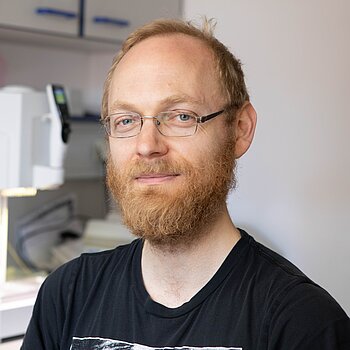 © Jörg Jäger/University of Tübingen
© Jörg Jäger/University of Tübingen
University of Tübingen
Interfaculty Institute of Microbiology and Infection Medicine
Systems Biology of Microbial Communities
 @
@ cmfi.uni-tuebingen.
cmfi.uni-tuebingen. de
deWebsite
 © Khaled Selim
© Khaled Selim
University of Tübingen
Interfaculty Institute of Microbiology and Infection Medicine
 @
@ uni-tuebingen.
uni-tuebingen. de
deWebsite
 © UKT
© UKT
University of Tübingen
Interfaculty Institute of Biochemistry
Structural Biology
 @
@ uni-tuebingen.
uni-tuebingen. de
deWebsite
 © UKT
© UKT
Board Member, Director Graduate School IGIM
University of Tübingen
Interfaculty Institute of Microbiology and Infection Medicine Tübingen
Cellular and Molecular Microbiology
 @
@ med.uni-tuebingen.
med.uni-tuebingen. de
deWebsite
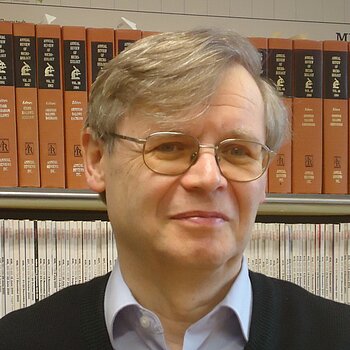
University of Tübingen
Interfaculty Institute of Microbiology and Infection Medicine
Microbiology/Biotechnology
 @
@ biotech.uni-tuebingen.
biotech.uni-tuebingen. de
deWebsite
 © UKT
© UKT
Board Member, Equal Opportunities Officer
University of Tübingen
Interfaculty Institute of Microbiology and Infection Medicine Tübingen
Translational Genome Mining for Natural Products
 @
@ uni-tuebingen.
uni-tuebingen. de
deWebsite
